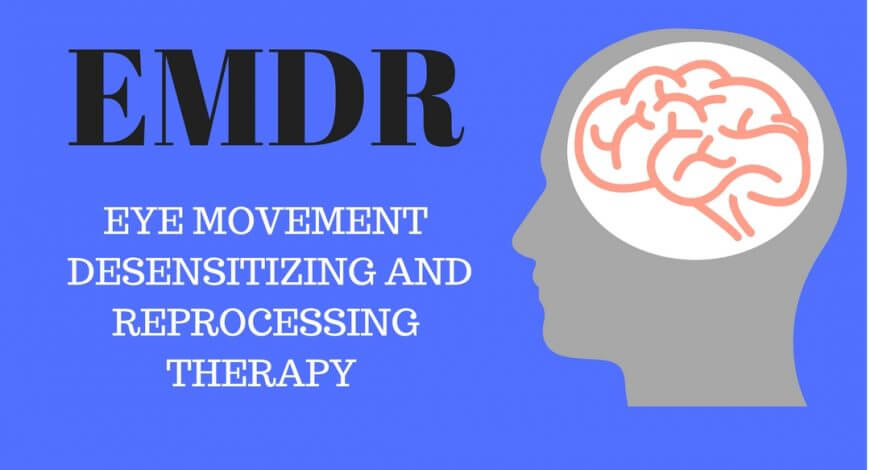EMDR therapy is an eight-phase treatment. Eye movements (or other bilateral stimulation) are used during one part of the session. After the clinician has determined which memory to target first, he asks the client to hold different aspects of that event or thought in mind and to use his eyes to track the therapist’s hand as it moves back and forth across the client’s field of vision. As this happens, for reasons believed by a Harvard researcher to be connected with the biological mechanisms involved in Rapid Eye Movement (REM) sleep, internal associations arise and the clients begin to process the memory and disturbing feelings. In successful EMDR therapy, the meaning of painful events is transformed on an emotional level. For instance, a rape victim shifts from feeling horror and self-disgust to holding the firm belief that, “I survived it and I am strong.” Unlike talk therapy, the insights clients gain in EMDR therapy result not so much from clinician interpretation, but from the client’s own accelerated intellectual and emotional processes. The net effect is that clients conclude EMDR therapy feeling empowered by the very experiences that once debased them. Their wounds have not just closed, they have transformed. As a natural outcome of the EMDR therapeutic process, the clients’ thoughts, feelings and behavior are all robust indicators of emotional health and resolution—all without speaking in detail or doing homework used in other therapies.

